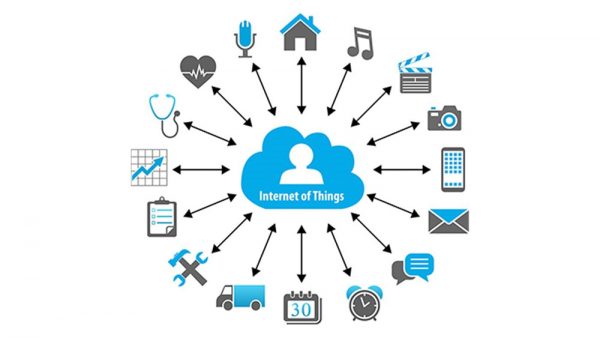Internet of Things refers to the Interconnectedness of different ecosystems. Today, we will be looking at five applications of the Internet of Things (IoT) and the various functions they serve.
Smart Home
Smart homes have been known to be the most efficient application of the Internet of Things today. It basically is the brain behind a smart home. With the Internet of Things, users can switch on the air conditioners in their home minutes before they arrive so the atmosphere is cool on arrival. It can be programmed to brew coffee immediately the alarm clock rings in the morning or even turn on the shower at particular time for routine activities. It can also go as far as granting temporary access to particular people based on programming. The applications of IoT in smart homes are far-reaching and there have been more demands for IoT systems for smart homes globally.
Read more on tech
SmartWatch:
Just like smart homes, wearable has become a recent trend amongst techies than in previous years. The functions of smartwatches include health monitoring, viewing notifications at a glance, control home appliances in a smart home, receive updates about news, weather and sports, monitor baby cribs, provide emergency care to the elderly, activity tracker during workout and daily activities, for mobile payment, set alarms and reminders amongst others.
Smart City
The Smart city basically refers to a connected ecosystem of things from traffic management to water distribution, to security, to environmental monitoring and waste management. The connection of the different sectors of the city ensures that the city becomes where people are more productive, functional, comfortable, safe and relaxed enough to carry out their different activities. Smart cities reduce the discomfort people who live in the city face and helps reduce all forms of pollution – air, noise and water.
Smart Farming
With the increase in world population, the demand for food supply is on the increase with poverty levels in countries like Nigeria very high. With the Internet of Things, farmers can use advanced techniques and research to increase food production in order to meet rising demands. With insights from data collected over time, sensors can collect data on soil moisture, nutrients and everything required for plant growth so that specialized techniques can be used for each soil or plant.
Sign up to the Connect Nigeria daily newsletter
Smart Supply Chain
This includes solutions for tracking goods while they are in transit from another country or location, helping suppliers exchange inventory information and many more solutions that would help improve the movement of goods from where they are produced to where they are sold. With the Internet of Things system, workflow process and equipment settings can be changed to optimize performance. Sensors can be embedded in factory equipment to collect data on pressure, temperature and other parameters.
Click on the Share button in this article to share this with your friends. Do drop a comment on this post and let me know what topics you would like to read about.
Featured Image Source: Just Creative
Got something you want to read about on our platform? Contact us: [email protected]


